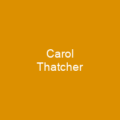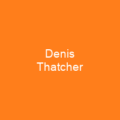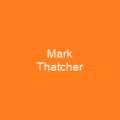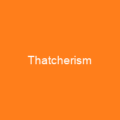Sir John Major, KG CH is a British politician who served as Prime Minister of the United Kingdom and Leader of the Conservative Party from 1990 to 1997. Major served in the Thatcher government from 1987 to 1990, and was Member of Parliament for Huntingdon, formerly Huntingdonshire, from 1979 to 2001. He has since retired from active politics, leaving the House of Commons at the 2001 general election, and has since pursued his interests in business and charity work.
About John Major in brief

The Major family live in Worcester Park, a middle-class area of Surrey, where they have lived since the 1950s. The family moved from Worcester Park to Brixton due to their worsening financial situation. He left school in 1959 with just three O-levels. After working a variety of jobs and enduring a period of unemployment, he established a career at Standard Bank. In 1987, he joined the Cabinet as Chief Secretary to the Treasury and was promoted to Foreign Secretary in July 1989 and Chancellor of the Exchequer in October. As Chancellor, he presented the 1990 budget. He became Prime Minister when he won the 1990 Conservative Party leadership election after Margaret Thatcher resigned during the early stages of the contest. In the early days of his premiership, he launched the Citizen’s Charter, replaced the unpopular Community Charge with the Council Tax, and negotiated the European Union’s Maastricht Treaty in December 1991. In 1992, his government was forced to withdraw the pound sterling from the European Exchange Rate Mechanism on 16 September 1992, a day which came to be known as Black Wednesday. He continued to push on with reforming education, health and criminal justice, privatising British Rail and the coal industry. On the international stage, he deployed British troops to the Gulf War and Bosnia and Herzegovina. In 1995, he chose to resign as party leader in June 1995, challenging his critics to either back him or challenge him; he was duly challenged by John Redwood but was easily re-elected.
You want to know more about John Major?
This page is based on the article John Major published in Wikipedia (as of Dec. 08, 2020) and was automatically summarized using artificial intelligence.







